This video celebrates the signing of an agreement wherein USAID on behalf of the American people agrees to support and strengthen Project Mercy to benefit over 70,000 people in Ethiopia. On June 19, 2013, USAID launched two activities with Project Mercy, a non-profit, faith-based group operating in Ethiopia and the US. The joint project is to boost health and livelihoods in the impoverished and minority rural communities where Project Mercy operates.
Partnering for Health and Livelihoods in Rural Ethiopia
5:04
Video Transcript
(00:20) In Ethiopia, as in any country, non-governmental organizations and civil society groups
(00:25) are important partners in development to help poor or under served communities develop and progress.
(00:30) The United States Agency for International Development, known as USAID,
(00:40) is partnering with Project Mercy, a faith-based, not-for profit group serving two rural communities in Yetebon, SNNPR and Chacha, Amhara.
(00:50) Marta Gabre-Tsadick, the first woman Senator of Ethiopia under Emperor Haile Selassie, and her husband, Deme Tekle-Wold, founded Project Mercy.
(00:54) After fleeing the Communist dictatorship that overthrew the Emperor,
(01:00) they established operations in Ethiopia in 1993 when they returned from exile in the U.S.
(01:05) I am so very proud and thankful to God that my husband
(01:10) and I are the very first that has came to Ethiopia.
(01:15) Senator James Inhofe, one of Project Mercy’s first and most vocal champions
(01:19) has helped the organization attract national and international support.
(01:22)The miracle by Martha and Deme are indescribable
(01:24) and it must be witnessed.
(01:30) In early 2013, Sen. Inhofe, USAID Administrator Rajiv Shah
(01:34) and several other members of Congress visited Project Mercy’s operations in Yetebon.
(01:42) On June 20, USAID Ambassador Donald E. Booth, USAID/Ethiopia Mission Director Dennis Weller
(01:48) and the President of Southern Nations Nationalities People’s Region Shiferaw Shegute,
(01:55) came together with Marta and Deme of Project Mercy to sign two agreements to support its operations in Yetebon and Chacha.
(02:06) In Yetebon, a Gurage community outside Butajira town and about 165 kilometers from Addis Ababa
(02:15) pregnant mothers had difficulties receiving medical care.
(02:17) Because this hospital didn’t exist previously, I have heard that many mothers died on their way to Butajera.
(02:22) The first hours of delivery and the first minute after delivery are called the golden minute.
(02:30) There was no vehicle before so we carry on the stick stretcher
(02:22) and walking on barefoot to take them the closest road where vehicle can be accessed.
(02:39) Now we can walk here and get served and sick people are healed and women can deliver in peace.
(02:48) Together, we were train four hundred new midwives and reach three thousand individuals through maternal and child health services.
(02:57) We will insure that every expecting mother has skilled birth attendant at her side and children survive and strive.
(03:01) Through the second USAID-Project Mercy partnership for food security,
(03:09) USAID will help farmers in Chacha, Amhara produce high quality cow milk that will raise incomes and improve the nutrition of children.
(03:12) Ethiopia is to be known as a milk land country
(03:19) and now we have children that have never tasted a glass of milk in their entire life.
Really the important thing is that project is going to be training people
(03:24) how to care full their milk cows and more importantly,
(03:28) how to take the milk from those cows and market it so they can earn income.
(03:40) We definitely are looking very excitedly to work with USAID.
(03:47) We know what USAID stands for, to help nations such as Ethiopia
(03:59) to better itself for the young generation of Ethiopia.
(03:59) USAID grants for project mercy are example of the spirit and generosity of America
(04:00) We are doing something right.
(04:12) Ethiopians are shown that they can in fact increase their productivity and can improve their people’s lives here.
(04:18) We are a catalyst. We USAID and we US tax payers our money that goes under the country like in Ethiopia is
(04:23) to improve the food security but to sustain this gains we have to have local partners
(04:29) and we have to have good technology that come to here to sustain after we exit the country like Ethiopia.
(04:32) I am very proud of my fellow Ethiopians all over the world
(04:42) and I would like to encourage them to come to really help working in this country.
Октябрь 28, 2011







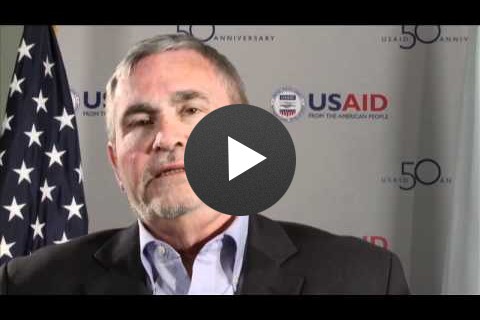
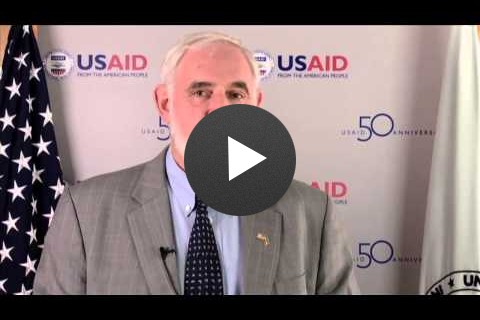
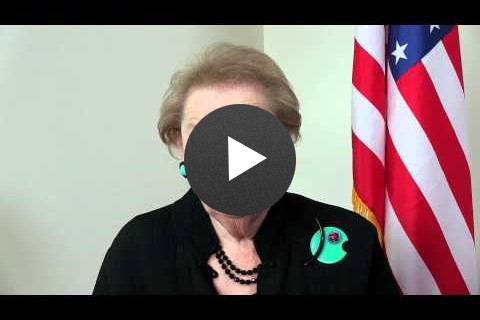
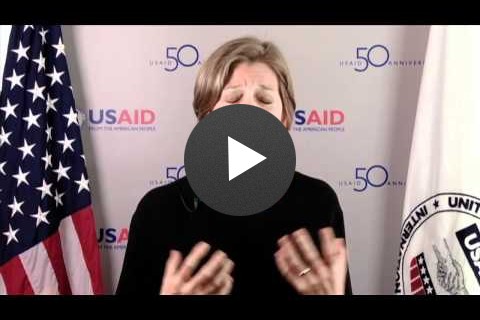
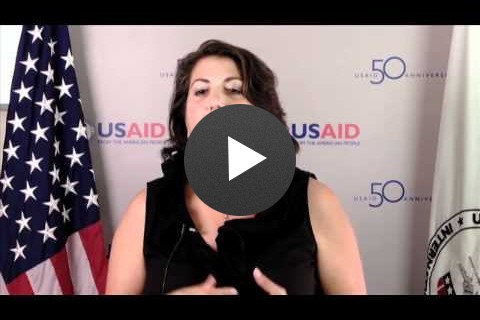
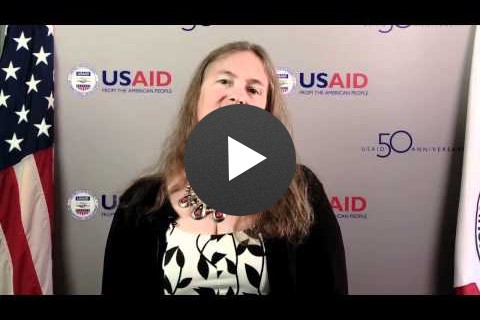
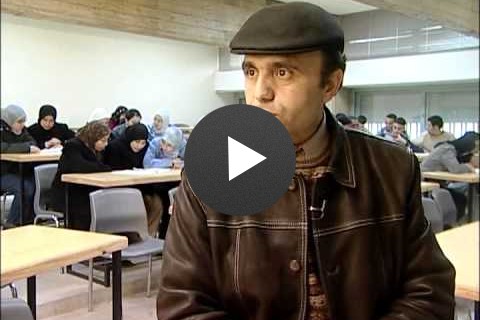
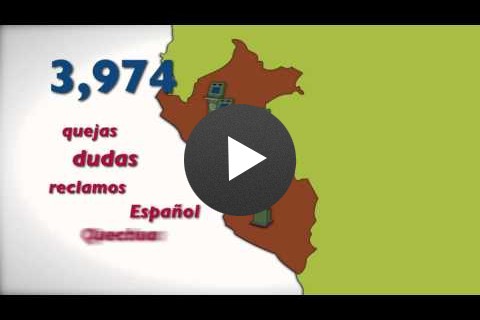
Comment
Make a general inquiry or suggest an improvement.